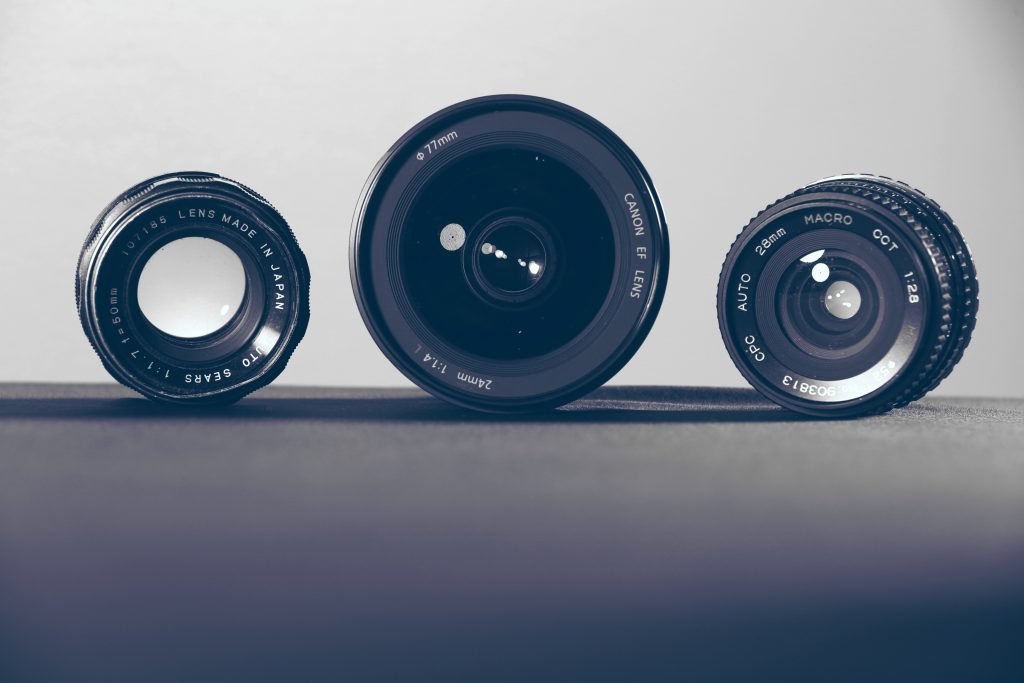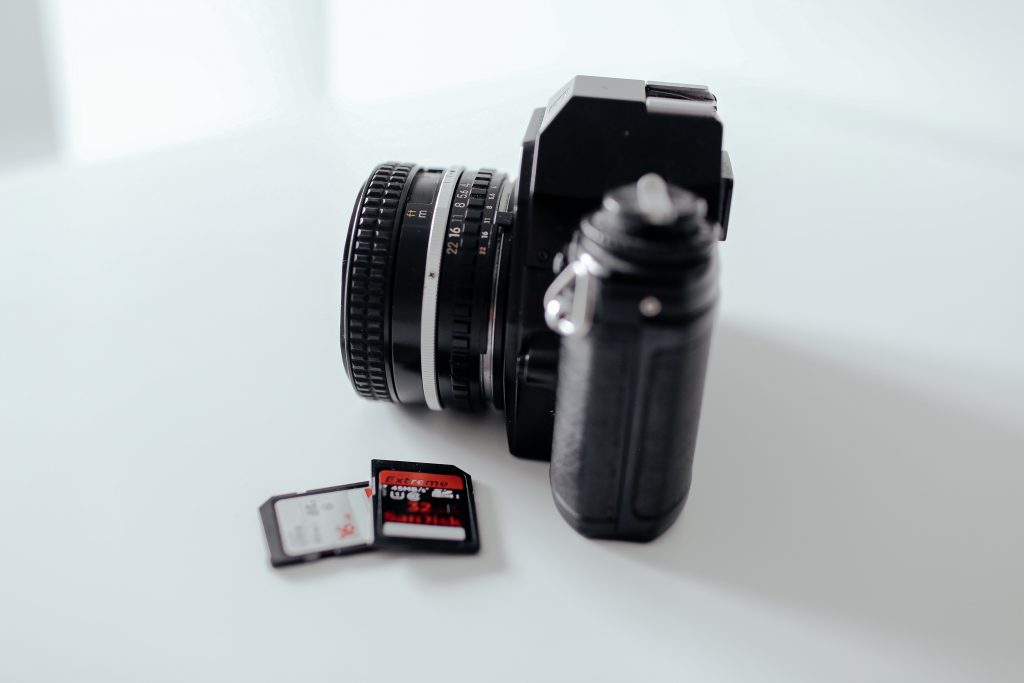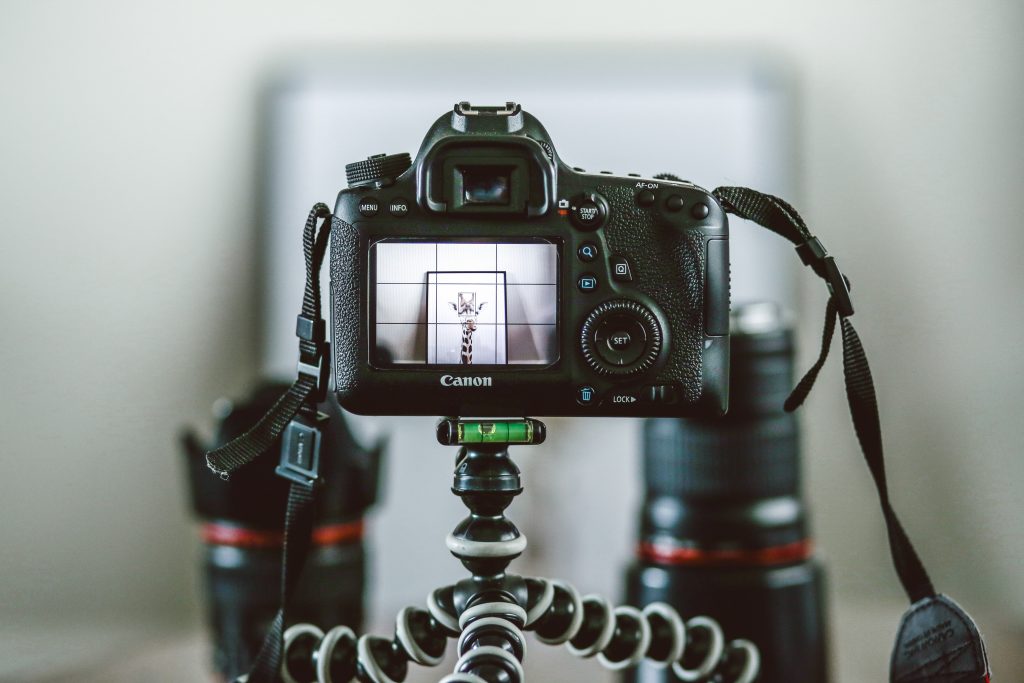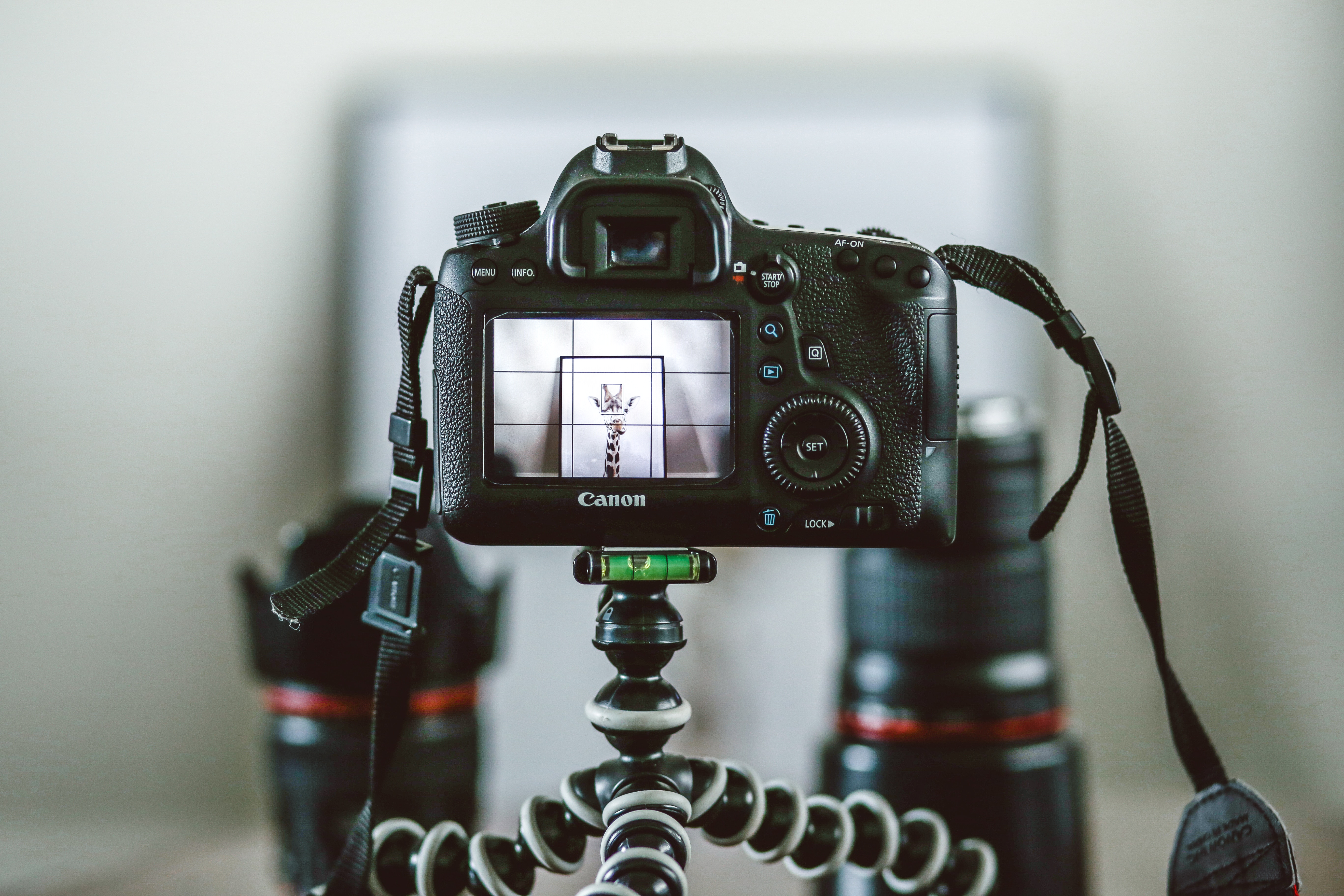Photography is a great way of expressing yourself, or capturing a place, a special moment, or an emotion. To get the perfect shot you need the right equipment, basic photography skills, and yes, often a bit of luck. In my opinion DSLR cameras make the best pictures, even when you’re just starting out. For a Photography newbie, this all can be overwhelming. Especially finding the right beginners essentials. This guide is meant for absolute beginners that have no experience with DSLR photography and are looking for a good starter kit. Please be advised that I am not a professional photographer and I am merely sharing my personal experiences, or what friends shared with me about their photography journeys.
Finding the Right Camera
When you are just starting out and you are not sure if Photography is going to work for you, splurging on an expensive camera is not the best idea. Unless you have too much money. In that case, go ahead and just buy the most expensive camera on the market. For us mere mortals though there are beginner options:
- Canon 1300D
- Nikon D3400
- Sony SLT-A68
All of these models cost between ca. $400-500 and usually are available in starter bundles with a lens. I personally am a big Canon fan and own a four-year-old Canon 1200D, which is the predecessor of the 1300D, but a friend of mine swears by her Nikon D3100 (a predecessor of the D3400, respectively). The most expensive of the three is the Sony camera.
Finding the Right Lens
A great advantage of shooting with a DSLR camera are the exchangeable lenses. But which lens is the right one to start with? Well, that depends on what kind of photography you want to do. Lenses with fixed focal lengths are good when you are going for that famous blurry background look; also known as Bokeh. If that is your main goal, look for a lens that can achieve a low aperture number. Take into account that you can’t zoom with lenses with fixed focal length.
In case you want to experiment a little or want to do mainly landscape photography, opt for a lens where you can zoom. As I mentioned before, camera bodies are often available in a starter bundle with a lens. The most common lens is an 18-55mm lens. I started with that lens and it served me well for years now.
Different styles of photography call for different lenses. The variety of lenses that are available to you is huge. Lenses for your DSLR are offered by the manufacturer of your camera and by other companies. Sigma is a good brand for lenses and there are slightly cheaper than the originals by Sony, Canon, or Nikon.

Find the Right Camera Bag
Finding the camera bag that is right for you and your needs depends on a couple of factors: How much equipment do you want to fit in there? Backpack or shoulder bag? Is the bag just for your equipment or do you just need a camera compartment in the multi-purpose bag? Does it have to be stylish or just practical or both?
The best advice for finding the right bag I can give you is: Do your research. Only you know what’s right for you.
To help you with your search, here is some inspiration:
SD Cards
The last absolute essential is an SD card to store all your great shots. Most cameras have no to very little internal storage. I recommend an SD card with at least 8 GB storage.

Bonus Equipment
If you still have some money left, here is a list of bonus items that come in handy as beginner photographer:
Spare Battery
Spare Batteries are only an essential if you plan on filming videos with your DSLR or use the flash a lot. It also is a must when you go off the power grid and have no way to charge your batteries.
Photo Editing Software
There are endless possibilities to optimize and retouch your pictures with computer software. Other programs let you add special effects, make collages or create fake pictures. I think the most popular programs to process photos are Photoshop and Lightroom by Adobe. These two have one big disadvantage: They are extremely expensive. Lucky for us, there are free alternatives that can almost keep up with the paid competition. GIMP is a free alternative to Photoshop and Raw Therapee is an alternative to Lightroom. Tutorials on how to efficiently use GIMP and Raw Therapee can be found on YouTube.
Tripod
When you plan on working with slow shutter speeds a tripod is also a must. This can even happen in automatic mode, for example with night shots. Knockoffs of the GorillaPod tripods are fairly cheap and small, making them a perfect tripod to start with.

All pictures apart from camera and camera bag pictures are from unsplash.

